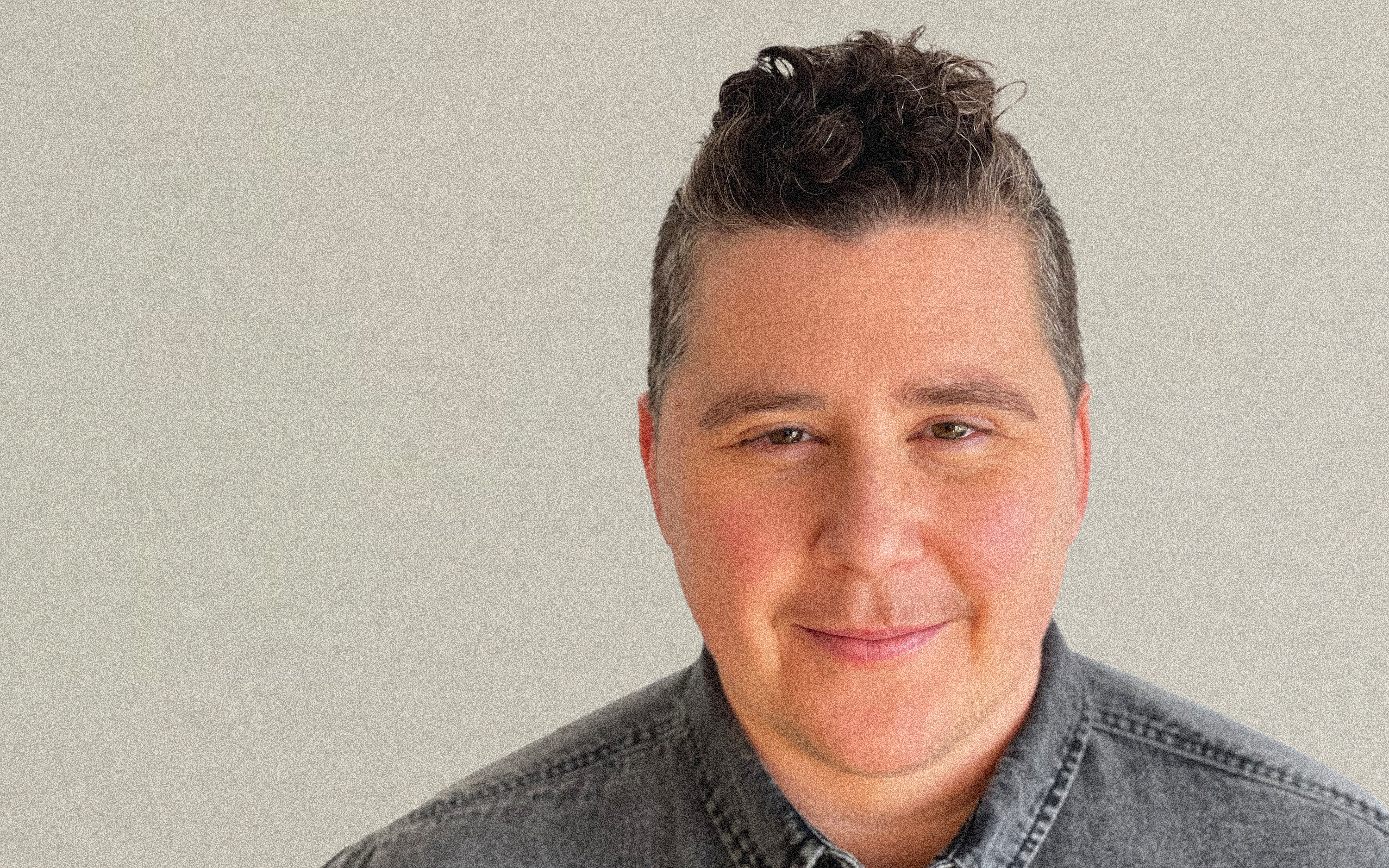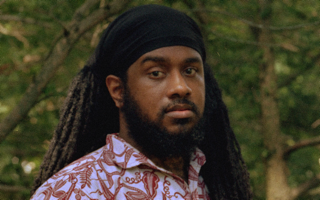The program includes an exhibition of original artwork, essays and short fiction contributed by faculty and staff from twelve departments and centers across the College, from Sculpture and Landscape Architecture to the Nature Lab, the Library, the Museum, the Center for Social Equity and Inclusion, and Counseling and Psychological Services. The Collapse exhibition explores themes of material, ecological and spiritual decay—and conversely, renewal, restitution and repair. The exhibition is free and open to the public at 20 Washington Place, Providence, where it will be on view from September 20 - October 23, 2022.
Art & Inquiry
Grant Recipients

Lisi Raskin
Associate Professor, SculptureScaffolded
(2022)
(2022)
Scaffolded is a suite of three painting assemblages made from fragments of large-scale installations exhibited between 2004 – 2016, the focus of which were themes of war and trauma. These new assemblages are created through material relationships like mutual support, touch, and tenderness. The assemblages are nested within hand-carved frames. The relationship between painting and frame questions conventional assumptions that cast the frame in a supporting role and the painting as vulnerable object in need of protection. Instead these compositions are interdependent. The frames literally touch and hold the internal compositions as the internal compositions reach outward toward and buttress elements of the frames. These non-animate forms ultimately nest and rest together in mutual support, regardless of the signs of collapse that surround them.

Christopher Roberts
Assistant Professor,Theory, History of Art and Design; Experimental and Foundation Studies
Black(Art) as/in Black(Studies) as/in Blur/s as/in Collapse/s as/in Reforging/s as/in...
(2022)
(2022)
We find ourselves in a world that needs to end, so that something otherwise may begin, again. In Queer Times, Black Futures (2019), Kara Keeling writes “When something happens differently than it has before, when something affects us, we reforge ourselves in response.” This essay elucidates black reforging practices in the artwork of Aaron Douglas, August Wilson, Kara Walker, and Kiyan Williams. My perusal attends to Aaron Douglas’ The Negro Spiritual (1930), August Wilson’s The Piano Lesson (1987), Kara Walker’s Gone: An Historical Romance of a Civil War as It Occurred b'tween the Dusky Thighs of One Young Negress and Her Heart (1994), and Kiyan Williams’ Ruins of Empire (2022). As Fred Moten asserts, “What whiteness seeks to separate, blackness blurs by cutting, in touch.” Perhaps in those blurs we may un/make what is and reforge ourselves anew, for we are always already amidst and/or inducing collapse/s.

Taylor Baldwin
Associate Professor, SculptureThe Ground:
head of a prophet;
head of a saint;
partial body of an elder
(2022)
head of a prophet;
head of a saint;
partial body of an elder
(2022)
Taylor Baldwin’s symposium contribution is a body of sculptural work collectively titled The Ground exploring grief, industrial collapse and the reclamation of things we’ve thrown away. This project constructs funerary monuments to late-stage American capitalism using material reclaimed from industrial archaeological sites, shuttered retail businesses and the consumer recycling stream. Using a DIY version of forensic facial reconstruction techniques, the objects attempt to imagine the face of anonymous people who donated CT scans to the NIH to help study the cancer that was killing them. The materials used in these portraits are salvaged from a collection of connected sites of industrial/commercial collapse from across history, both large and small—from the 420-million-year-old Niagra Escarpment to styrofoam packaging from the recycling bins of COVID-era Queens, New York.
